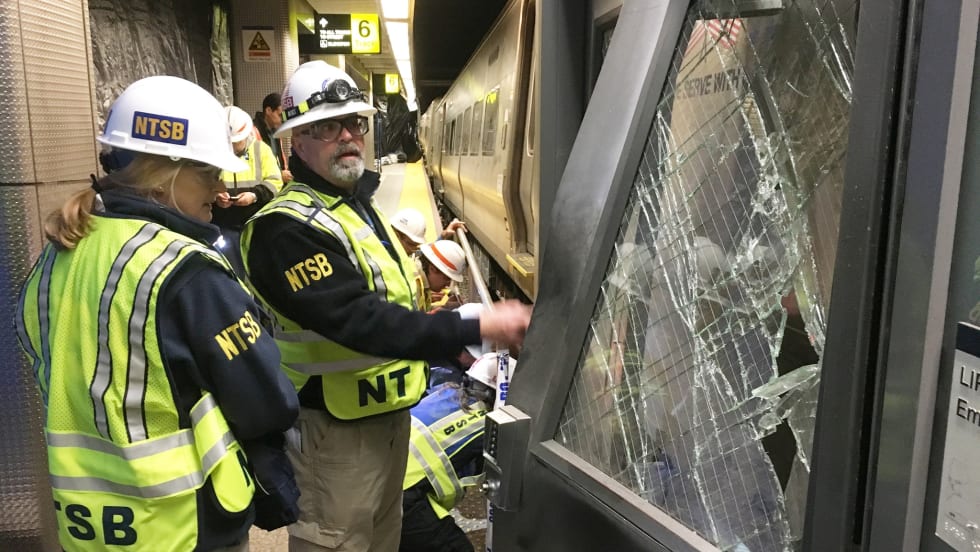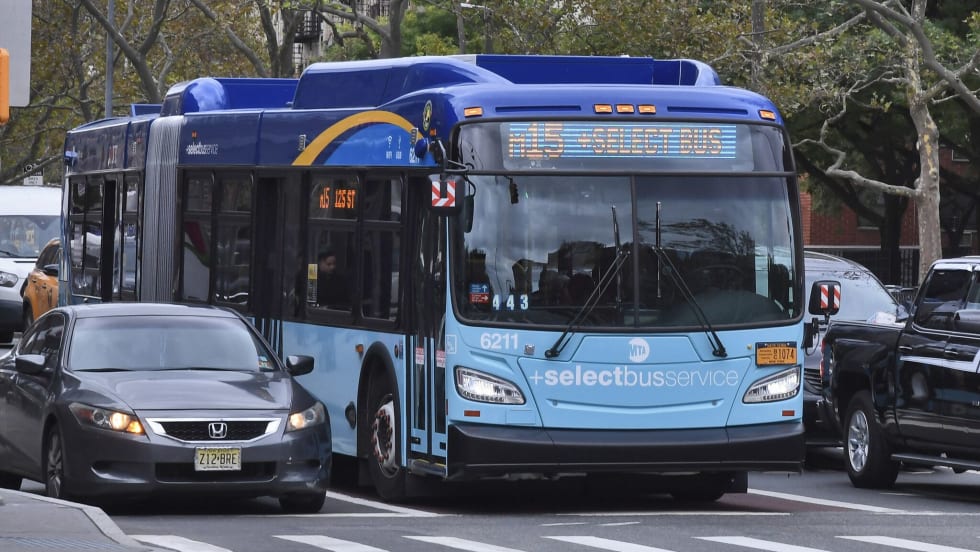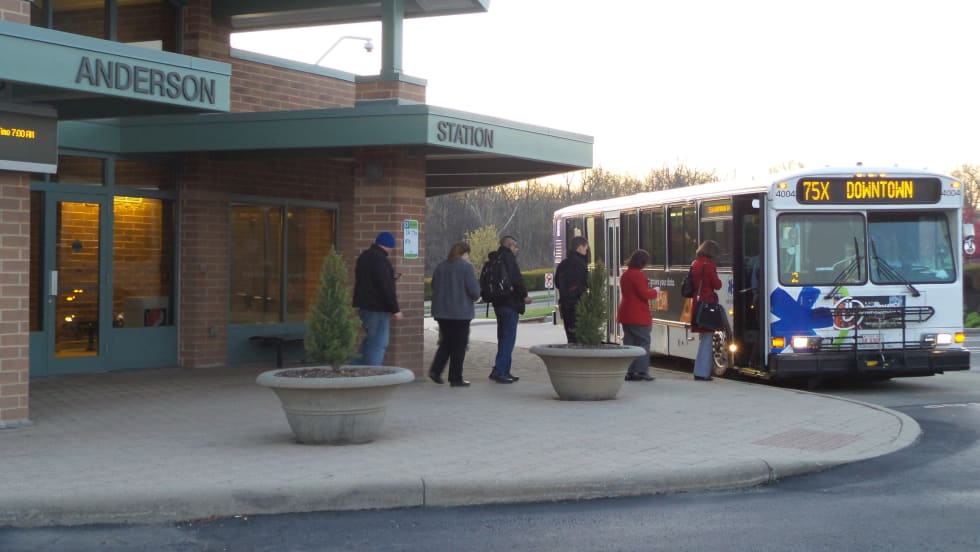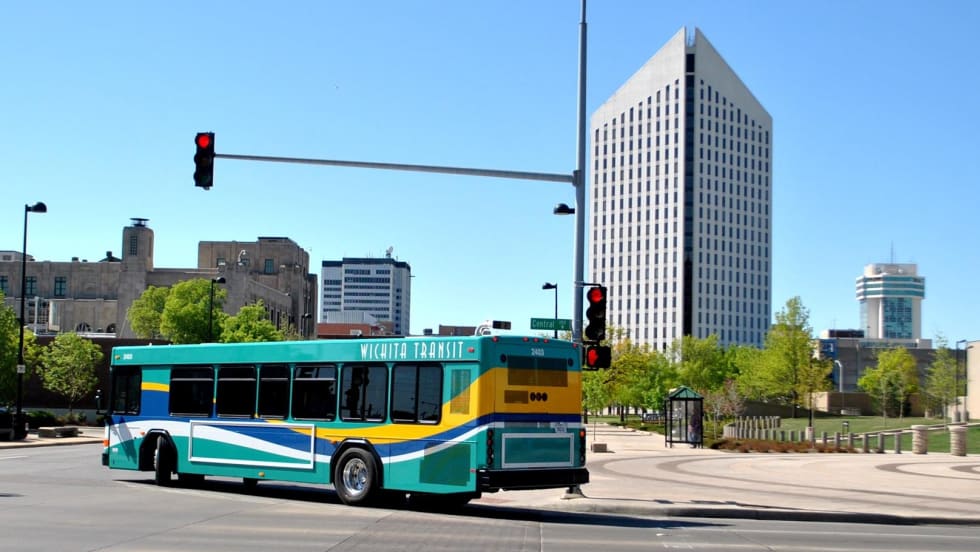Safety Corner

Alex Roman
Executive Editor
Safety Corner helps you stay informed on the latest in public transit and motorcoach safety with expert insights, industry updates, and best practices. From safety regulations and accident prevention to emerging technologies and passenger security, we cover everything to keep travelers, operators, and policymakers up to date.








